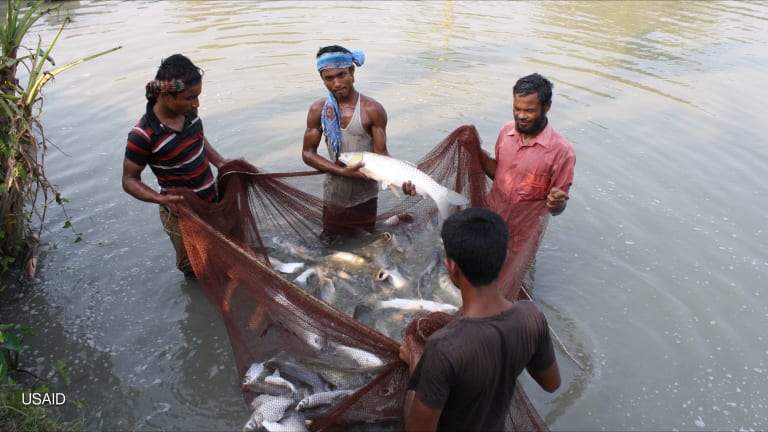Food insecurity and its consequences stand as some of the main concerns expressed by Amnesty International in its latest annual report.
According to the Food and Agriculture Organization, around 1 billion people still suffer from hunger and malnutrition. The aim is to reduce this number to 400 million by 2015.
"There has been a sharp spike in hunger, as a result of food shortages caused by decades of underinvestment in agriculture; trade policies encouraging dumping and the consequent devastation of local farmers; climate change leading to growing water shortages and degradation of land, increasing population pressure; rising energy costs and the rush for biofuels," the report indicated.
Needless to say, the economic downturn could worsen the situation. Since the popular riots in Africa in 2008, food prices have decreased mainly in developed countries.
In the meantime, developing countries – apart from China, India and Brazil – continue to struggle to produce more food. Lack of rain, transport and storage problems are some of the most recurrent reasons. As a result, stocks of cereals have reached their lowest level in the last 30 years, and 32 countries require emergency interventions in food supply.
Nevertheless, rich countries do not seem to have taken this problem seriously enough. Once again, their sense of priorities faces criticism. How they could find money to save banks and not people remains the most obvious question for Irene Khan, secretary general of Amnesty International.
"Rich and powerful governments were suddenly able to find many more times the sums that could not be found to stem poverty," Khan wrote in the foreword of the report. "They poured them with abundance into failing banks and stimulus packages for economies that had been allowed to run amok for years and were now running aground."
In several occasions, FAO Director-General Jacques Diouf declared that $30 billion per year is necessary to end global hunger. It represents a very small amount of the thousands of billions that have been spent by governments since the beginning of the economic crisis. A matter of priority? Maybe a matter of ethics as well.








